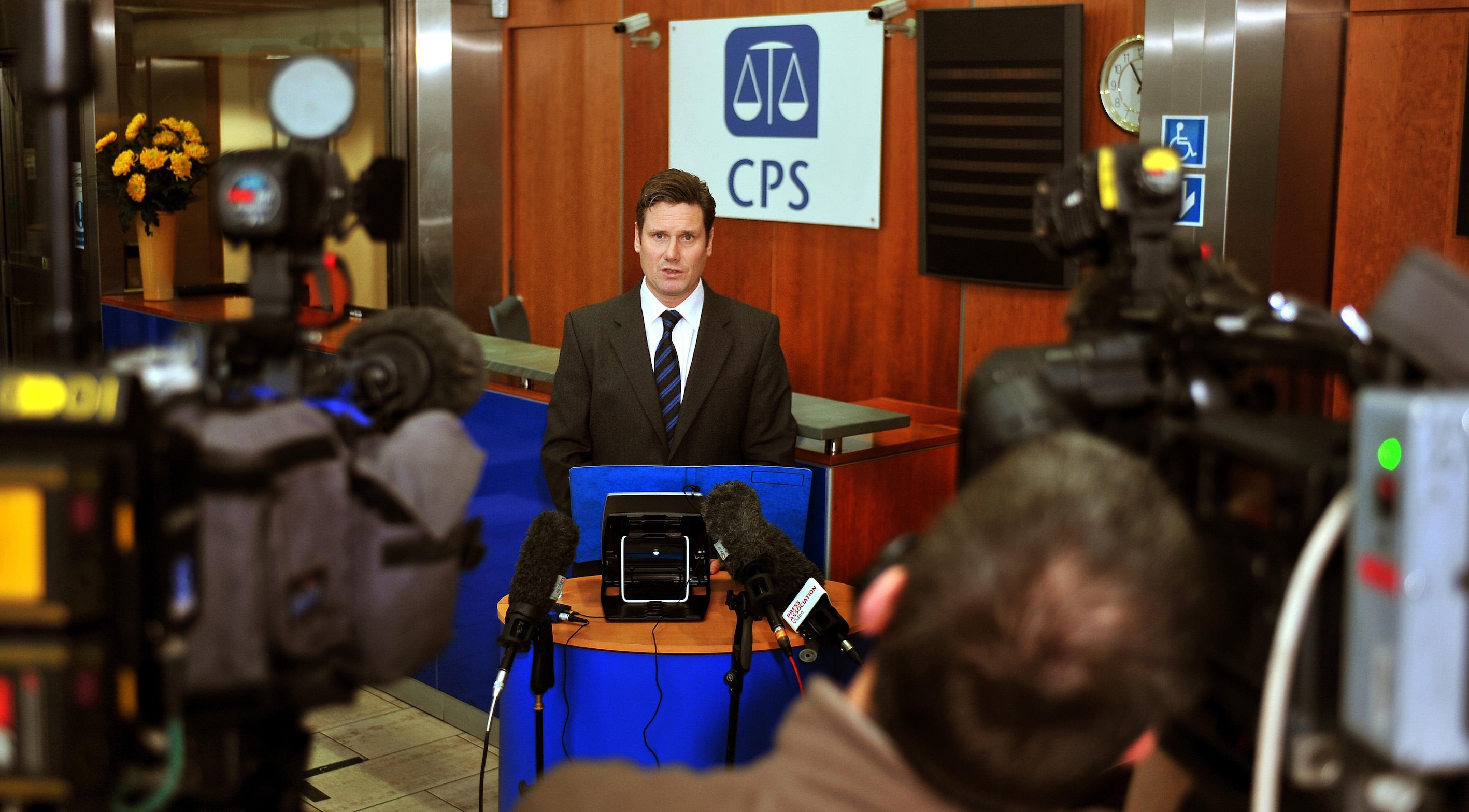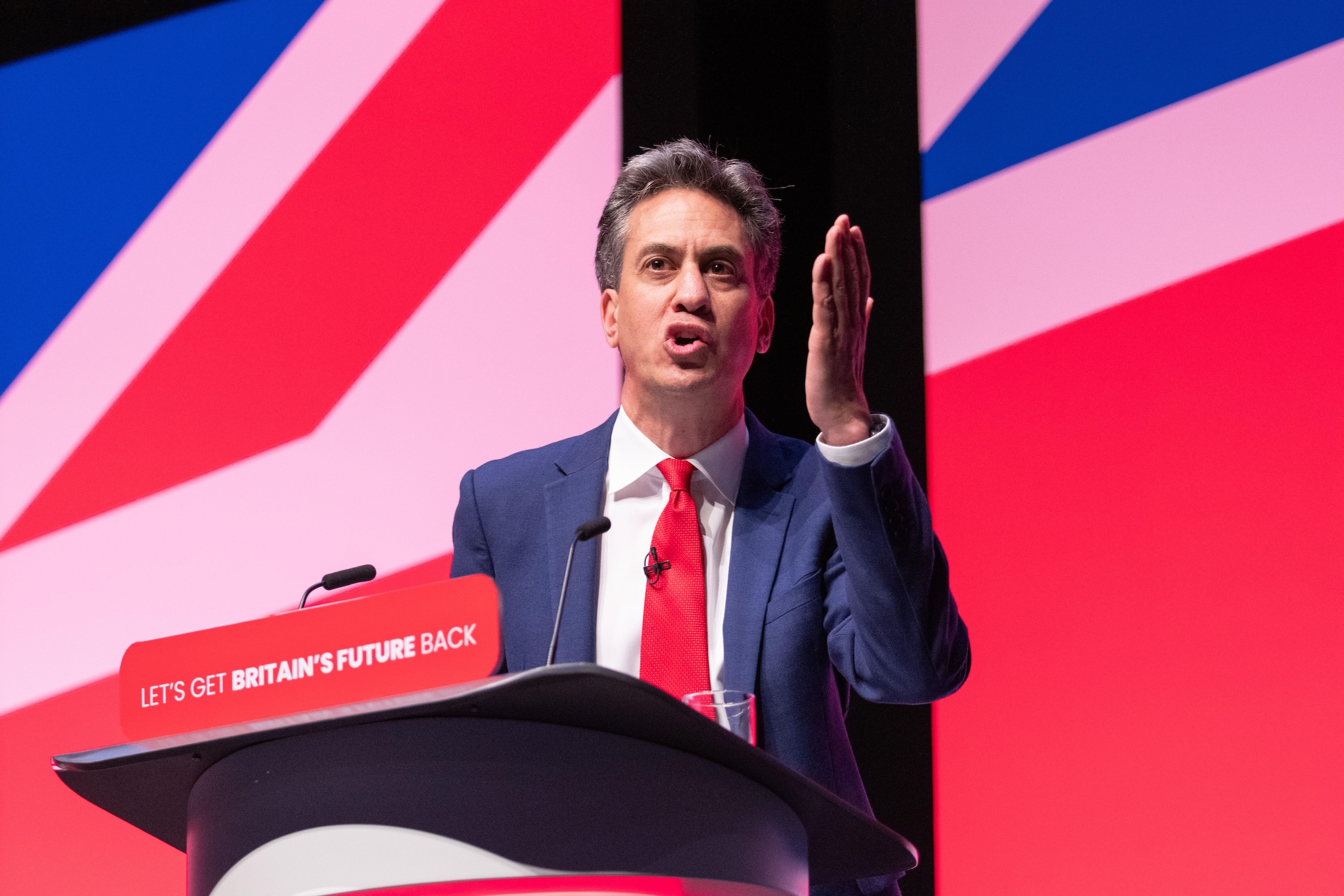Next stop: Fixing Britain's broken transport system
Transport is the UK's largest emitting sector of greenhouse gases, and private cars are the single biggest contributors.
Britain’s transport system is broken. As a country, we are overly dependent on cars to get around, while public transport continues to be underfunded and unreliable. It’s a closed loop: the worse public transport becomes, the less likely we are to choose it over cars, which gives governments the excuse to invest more in cars and less in public transport, which means we use it less, and it gets worse and worse. This cycle can be broken: people across the UK are locked into car ownership simply because they have no alternatives.
Instead of providing these alternatives, previous governments have continued to pour money into building new roads and subsidies for drivers, leaving public transport in the hands of private operators. In the past three decades, the cost of using of climate-friendly transport (such as buses and trains) has risen faster than motoring costs. This is by no means a recent phenomenon. The Transport Act of 1985 deregulated and privatised many local bus services, while the Railways Act of 1993 privatised rail services across England, Scotland, and Wales. Since then, we have been left at the mercy of those operators who can set fares, routes, timetables, and service standards with little public oversight.
Private companies will always seek to make a profit, and their pursuit of this has come at the cost of reliable, effective, and low-cost public transport for the masses. Bus and rail routes have been cut, fares have increased, and funding has been reduced to save a few pennies. Unprofitable bus and train routes are either being reduced to an absurdly infrequent service or slashed completely because they prove to be unprofitable for the companies running them, but for those who live on those routes, they can be a lifeline.
Almost a tenth of local bus services were axed in the UK in 2022 alone. Every drop in bus frequencies and every increase in fares penalises the poorest and most marginalised people in the country, as they are the ones more likely to rely on buses and have no access to a car. But how else are they meant to get around? Their only option is to lock themselves into expensive car ownership that feeds a negative cycle of lethal toxic air, harmful emissions, and fatal collisions – all the while slowing buses down due to congestion and making walking, wheeling, and cycling much more difficult.
Not only is public transport underfunded, but other alternatives are also ignored. Compared to cities like Copenhagen or Amsterdam, our cycling infrastructure is laughable, and additional cuts to Active Travel England –the government’s executive agency responsible for making walking, wheeling, and cycling the preferred transport alternative – have meant a further erosion of the currently available walking and cycling routes in the UK.
We know this needs to change but it requires courage and ambition from elected officials. The next government must address transport with these concerns in mind, as well as consider how the most vulnerable people in the UK are the ones who are being hit hardest by toxic air, harmful emissions, and climate change as a whole. Those communities must be at the forefront of any proposed investment or policy on transport. Additionally, new policy implementation can only come with recognising the ambition required to reinvent transport in the UK and the scale of the challenge of achieving net zero. It isn’t impossible. Transport, as it currently stands, is one of the biggest emitters of carbon in the UK. Private cars are the single biggest contributor to emissions.
So how do we fix this?
Firstly, we need to set a traffic reduction target to drastically reduce the number of cars on our roads. So far, this hasn’t even been on the table, and it will need to come before any other intervention to have effect.
Next, a national pay-per-mile charging scheme which would charge drivers depending on how far they drive would be a progressive – rather than regressive – tax that would only see those who earn the most, drive the most, and operate the most polluting vehicles hit hardest with charges. The revenue generated could and should be reinvested into public transport, such as buses and trams, while the money spent on subsidising drivers and building roads could be spent on incentivising train travel.
Unfreezing fuel duty could also be a simple and vastly effective method of quickly generating revenue to operate reliable and regular train and bus services so that people don’t feel they have to choose between doing the right thing for the planet or doing the right thing for their bank accounts.
Almost all of the party manifestos contain some transport policies. Labour has pledged to nationalise rail and lift the ban on municipal bus ownership, while the Liberal Democrats have promised to freeze rail fares. These are gestures towards improving safety and infrastructure for active travel and transitioning to electrifying the motor vehicles on our roads.
However, none have yet shown explicit recognition of what matters most: if we’re going to hit our climate goals, we need to slash the number of miles driven in private cars in absolute terms, and we need to tackle air pollution, traffic and congestion truly. We can’t just expand cycle infrastructure and hope it happens. And we certainly can’t just switch all petrol and diesel cars to electric vehicles (EVs), which also produce considerable emissions in their production.
Years of neglect of our public transport system have put us on this path to no return. Despite claims that the UK is a climate leader, we only have to look to our allies in Europe to see how far behind we have fallen when it comes to transport and getting people walking, wheeling, and cycling instead of driving.
The next five years, the same term length the next government will serve, will be crucial to fighting the global climate catastrophe. Ambitious and smart solutions that benefit us all must prevail over profit-driven measures benefiting a few.
The Lead is now on Substack.
Become a Member, and get our most groundbreaking content first. Become a Founder, and join the newsroom’s internal conversation - meet the writers, the editors and more.





